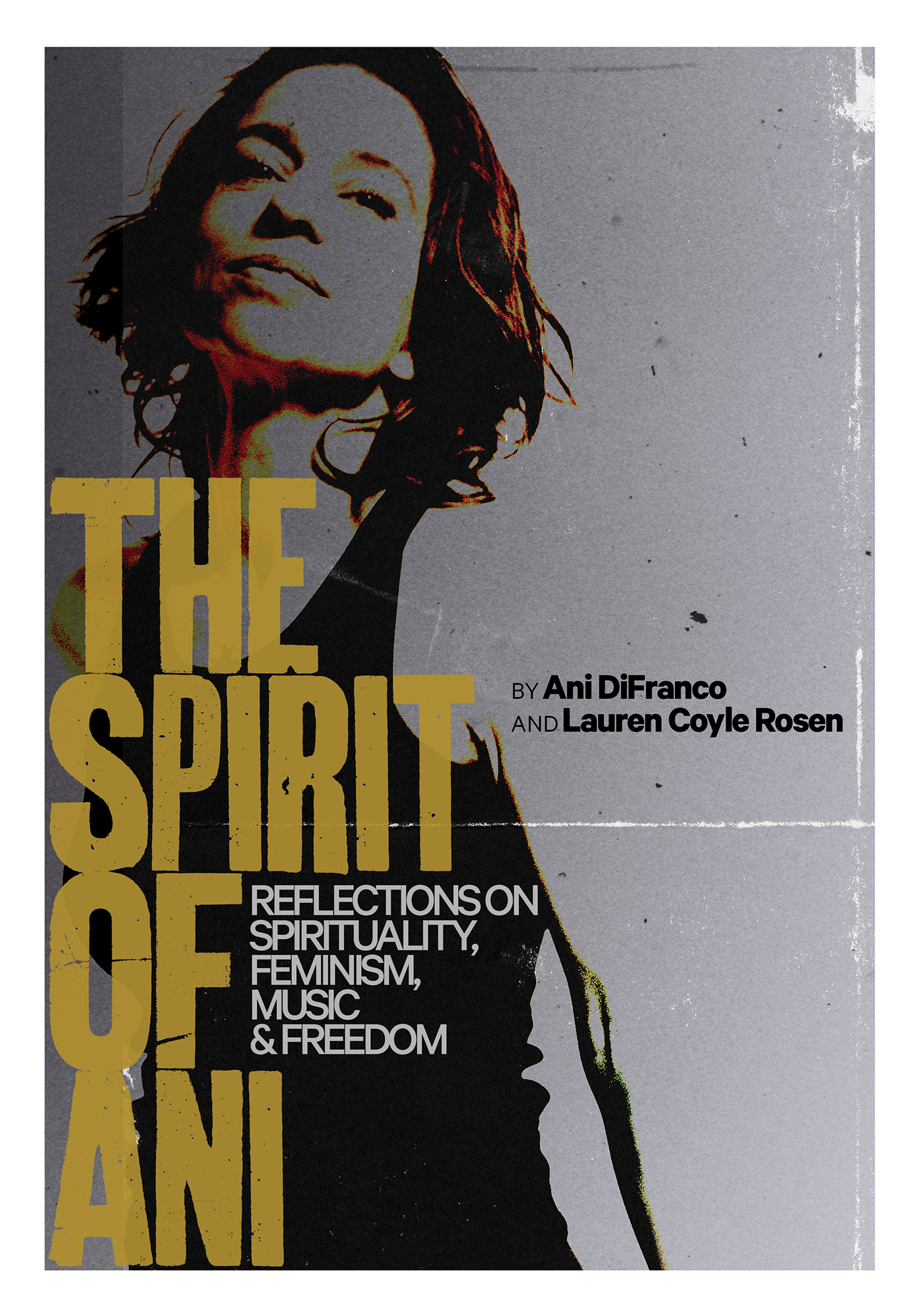In The Number Ones, I'm reviewing every single #1 single in the history of the Billboard Hot 100, starting with the chart's beginning, in 1958, and working my way up into the present.
KC & The Sunshine Band - "I'm Your Boogie Man"
HIT #1: June 11, 1977
STAYED AT #1: 1 week
The boogeyman, or bogeyman, is an English folktale creature, one who's been part of UK lore as far back as the 16th century. Accounts vary, but the basic idea was that the boogeyman was some kind of demonic force who would come after misbehaving children. If kids were up too late, or if they cried too much, or if they sassed their parents, the boogeyman would get them. It would scratch their windows at night. It would sneak into their rooms. It would take them, and they'd never be heard from again.
The boogeyman is a universal thing. Different cultures around the world have their own versions -- the monster who preys on willful children. Those myths have persisted because of one transcendent truth that unites all of us: Parents have no idea how to handle their children. If they have to permanently scar those kids, giving them nightmares about terrifying supernatural child-eater things, then that's what they're going to do. All around the planet, if you can't get your kid to fall asleep, you will come up with some kind of outlandish monster story.
So that's the boogeyman. But the boogie man is something else. As described in KC & The Sunshine Band's "I'm Your Boogie Man," the Miami group's fourth #1 hit, the boogie man is a funky guy who likes to have sex and who is willing to show up and have sex with you whenever you feel like having sex. He wants to be your, be your rubber ball. He wants to be the boy you love most of all. As far as we know, he does not want to kidnap and eat children. It's an important distinction.
There was an actual boogie man: Robert W. Walker, a Florida radio DJ. Sunshine band frontman Harry Wayne Casey and bassist David Finch wrote "I'm Your Boogie Man" for Walker. Walker was an early advocate of "Get Down Tonight," which went on to become the Sunshine Band's first #1. Talking to Songfacts a while back, Finch said, "We wrote the song about [Walker] without telling him. He was the Boogie Man that brought all the funk and the good feeling and the vibes to the people every morning."
You wouldn't get any of that from listening to "I'm Your Boogie Man." Casey sings the entire song in the first person, introducing himself as your boogie man. And he pledges, again and again, to do whatever you want: "I'm your boogie man, that's what I am / I'm here to do whatever I can / Be it early morning, late afternoon / Or at midnight, it's never too soon." It's not a very complicated song.
Once you know that tiny bit of backstory, it makes perfect sense. Casey and Finch had been early to the idea of making music with dance clubs in mind, and they'd also landed early on the idea of sending records out to specific DJs. They were doing that back in 1974, when they wrote and produced "Rock Your Baby" for George McCrae. By 1977, the rest of the record business had caught up. Record pools -- mailing lists and record-sharing clubs for DJs -- were a big deal. A song for a specific DJ was a logical next step.
The Sunshine Band had always made music for clubs, and "I'm Your Boogie Man" fits in perfectly well with what they were doing. If anything "I'm Your Boogie Man" is more fully developed than some of the earlier hits, since it has actual verses and since the chorus doesn't just repeat the same phrase over and over. But "I'm Your Boogie Man" mostly stands out as the single greatest example of the durable Sunshine Band formula. With that song, their whole thing just completely clicked.
If you hear the "I'm Your Boogie Man" intro blind, you could be forgiven for thinking it's James Brown. For its first few seconds, the song is straight-up funk: nervous tambourine beat, itchy guitar strut, subtle little piano runs. But then someone yells out a four-count, and everything comes crashing in. There's a hard-stomping horn riff. There's a booming bassline. And there's Casey belting as hard as his limited voice will allow. Somehow, without saying much of anything, "I'm Your Boogie Man" keeps that momentum up for four minutes. There is no moment in the song that does not slap.
Everything the Sunshine Band do in "Boogie Man" is so basic, but all of it works. Think about the horns. When Casey starts his verse, they're building up the tension as obviously as possible. They only do that for a couple of bars before the horn riff snaps into place, and it's huge and simplistic, like a garage-rock guitar riff. By the time the chorus hits, those horns are doing these perfect loud-mixed blats.
Everything on "I'm Your Boogie Man" works like that. Each element of the song is there to augment and heighten the four-four beat. Casey isn't a great singer, so he doesn't do too much. He just squawks about being there for you and asks you to turn him on, and he stays in the pocket. His voice is effectively part of the rhythm section. So is his piano. Everything is rhythm section, and everything hits hard.
In general, disco didn't control the charts in 1977 the way it had done a year earlier. If not for Saturday Night Fever coming out and becoming a cultural phenomenon at the end of the year, disco might have run its course. A lot of 1977's hits flirted with disco sonics, but none of them did so as boldly and unashamedly as "I'm Your Boogie Man." But "Boogie Man" hit anyway. It's a colossal groove of a song. You can't ignore it, and you can't really look stupid when you're dancing to it. (Casey, as we can see in the video below, tried.)
https://youtube.com/watch?v=CaPcKtLioww
"I'm Your Boogie Man" wasn't KC & The Sunshine Band's last hit; they'll be in this column again. But the song was everything that the band had been building to -- a simplistic banger of absurd proportions. It's not an eat-your-children monster, but it's a monster nonetheless.
GRADE: 9/10
BONUS BEATS: Here's Miami underground rap heroes Poison Clan rapping about pimping both your sister and your mother over an "I'm Your Boogie Man" sample on their 1990 track "Low Life Mutha Fuckas":
(Poison Clan member JT Money's highest-charting single, 1999's "Who Dat," peaked at #5. It's a 7.)
BONUS BONUS BEATS: Shortly before his death in 1991, Miles Davis started working on an album with rap producer Easy Mo Bee. Easy Mo Bee finished the album after Davis' death, and the LP Doo-Bop came out in 1992. Here's the Doo-Bop track "Duke Booty," where Davis plays trumpet over an "I'm Your Boogie Man" sample:
(Miles Davis never had a top-10 single, but Easy Mo Bee did. As far as I can tell, the highest-charting single with Easy Mo Bee production is Craig Mack's 1994 track "Flava In Ya Ear," which peaked at #9. The original "Flava In Ya Ear" is an 8, and the remix is a 10.)
BONUS BONUS BONUS BEATS: Here's White Zombie's video for their "I'm Your Boogie Man" cover, recorded for the soundtrack of the 1996 movie The Crow: City Of Angels:
BONUS BONUS BONUS BONUS BEATS: Here's McLovin dancing to "I'm Your Boogie Man" in the 2007 movie Superbad:
BONUS BONUS BONUS BONUS BONUS BEATS: Here's the Comedian beating up protesters to "I'm Your Boogie Man" in Zack Snyder's 2009 Watchmen film:






